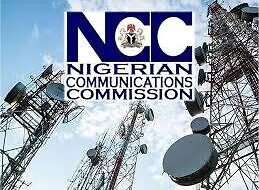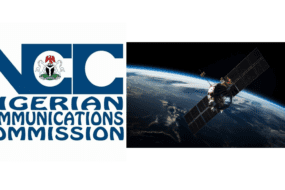Nigeria’s telecom operators have suffered massive financial losses due to an 11-year delay in tariff adjustments, with estimates placing the shortfall at a staggering $11.3 billion between 2022 and 2026. The primary culprits? A prolonged failure to increase tariffs and the relentless devaluation of the naira, which has significantly eroded revenues.
According to an internal report from MTN Nigeria, the financial strain on the industry was exacerbated by regulatory inaction from the Nigerian Communications Commission (NCC). As operational costs soared, telecom executives warned that the sector was teetering on the edge of collapse.
“The price increase, which was highly needed for the survival and continued growth of the industry, will enable us to continue investing in network infrastructure, expanding coverage, and delivering improved products and services that meet the evolving needs of our customers,” said Airtel Nigeria’s CEO, Dinesh Balsingh.
A Vicious Cycle of Forex Losses
The currency crisis deepened the telecom sector’s woes. By 2023, the exchange rate had plummeted to ₦900 per $1, leaving telcos grappling with rising import costs for critical equipment. Faced with an unsustainable financial model, many turned to borrowing at exorbitant interest rates just to keep operations running.
MTN Nigeria recorded its first financial loss since its 2019 IPO, reporting a ₦137 billion deficit, while Airtel Africa also suffered its first-ever loss in the country, amounting to $89 million for the financial year ending March 2024.

“We were borrowing at 120% to fund our operations, which was unsustainable,” said Karl Toriola, MTN Nigeria’s CEO. The company, which had consistently paid dividends from 2007 to 2022, saw payouts shrink from ₦530 billion in 2022 to just ₦196.67 billion in 2023 due to foreign exchange challenges.
Tax Revenues Take a Hit
The financial crisis didn’t just affect telecom operators—it also impacted government revenues. While taxes paid by the sector grew from ₦329 billion in 2023 to ₦428 billion in 2024, projections indicate a sharp drop to just ₦29 billion in 2025—a staggering 92% decline.
Despite efforts to seek relief through import waivers, industry leaders admitted that such measures would have only provided temporary relief. “Any relief from waivers would have come at a cost to the government, which would have been irresponsible,” Toriola noted.
Delayed Tariff Increase Brings Hope—But Is It Too Late?
After years of industry lobbying, the long-awaited tariff adjustment was finally approved on January 20, 2025. The increase is expected to help stabilise the sector, with revenue projections climbing to $6.67 billion in 2025 and $8.33 billion in 2026.

However, analysts caution that the damage has already been done. The telecom industry’s revenue, which stood at $7.62 billion in 2022, had plunged to just $3.55 billion by 2024. While the new tariffs offer a path to recovery, the long-term impact of the delay could leave lasting scars on both the sector and the broader Nigerian economy.







No Comments